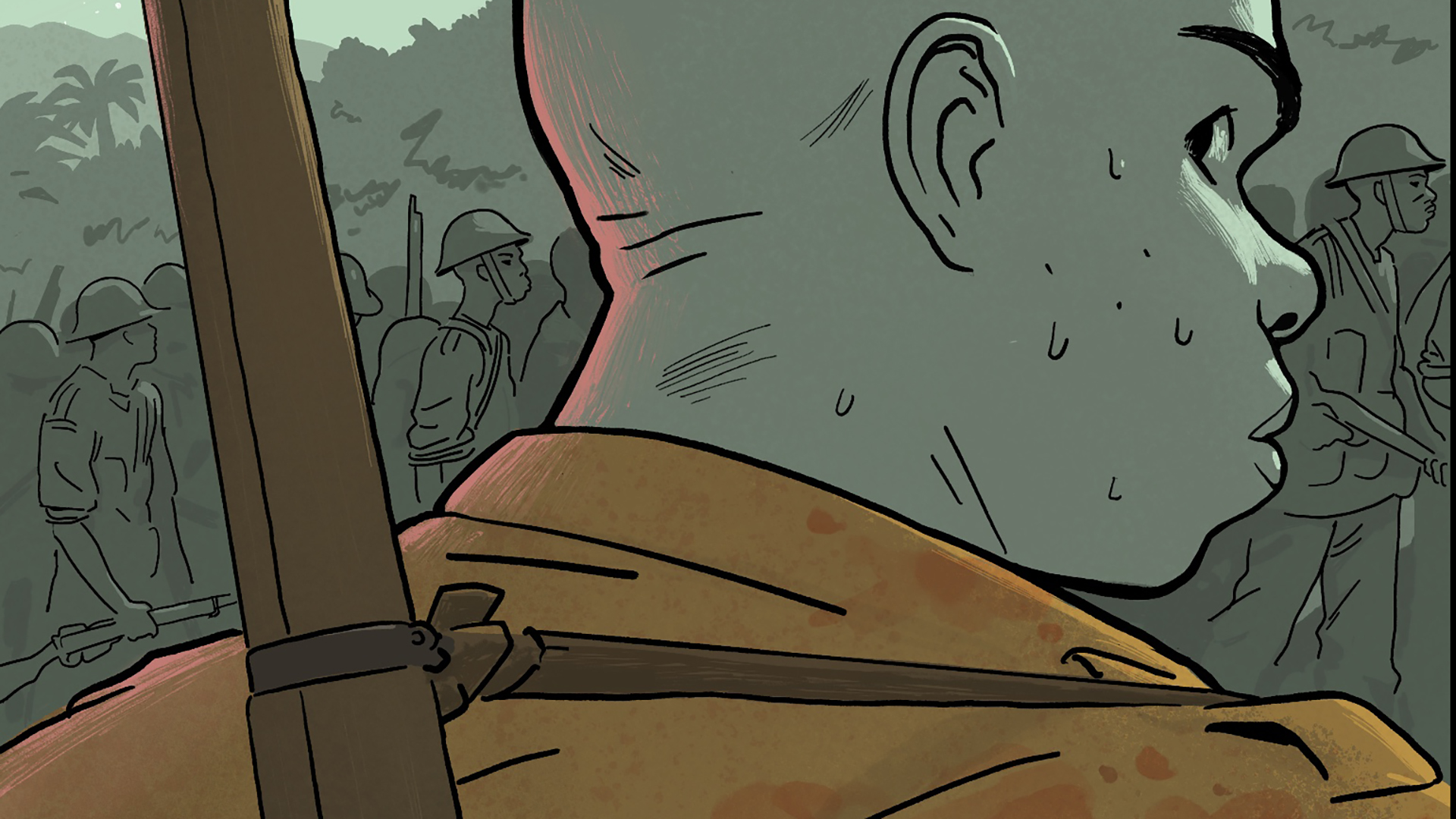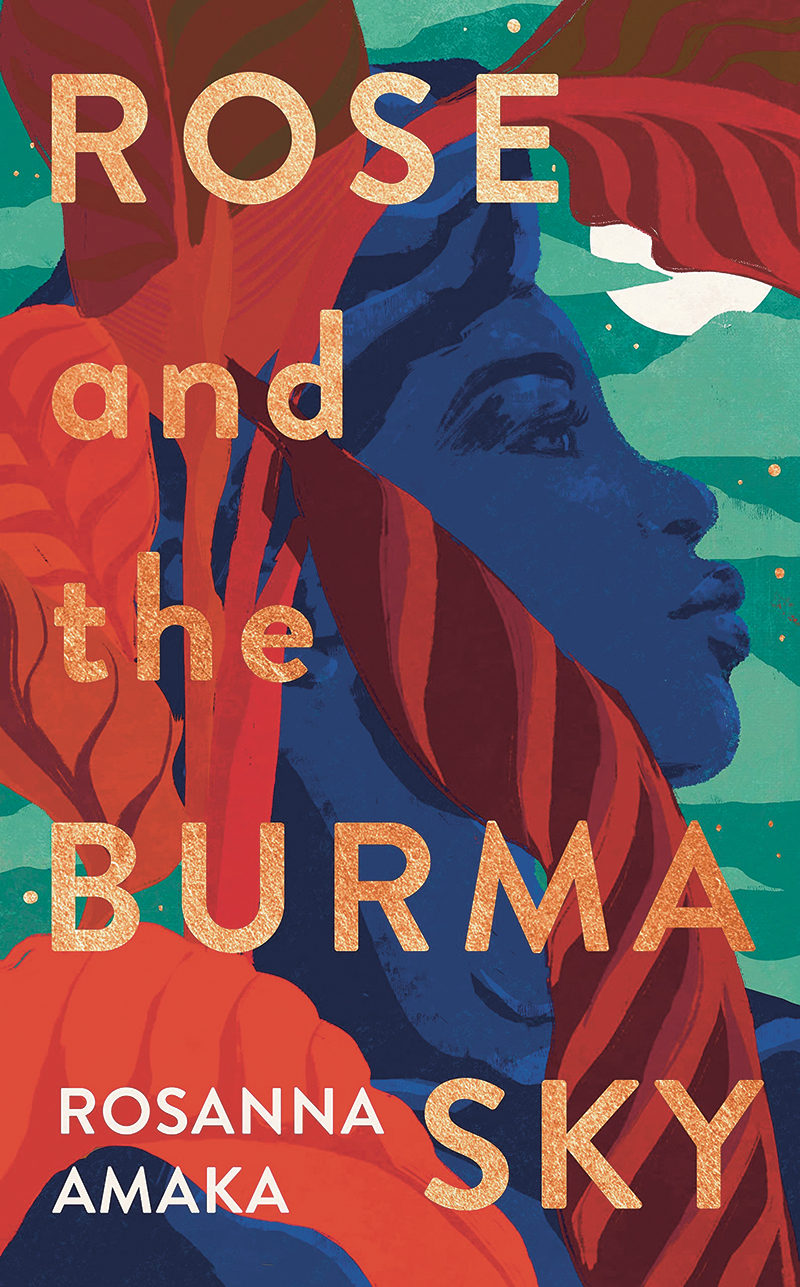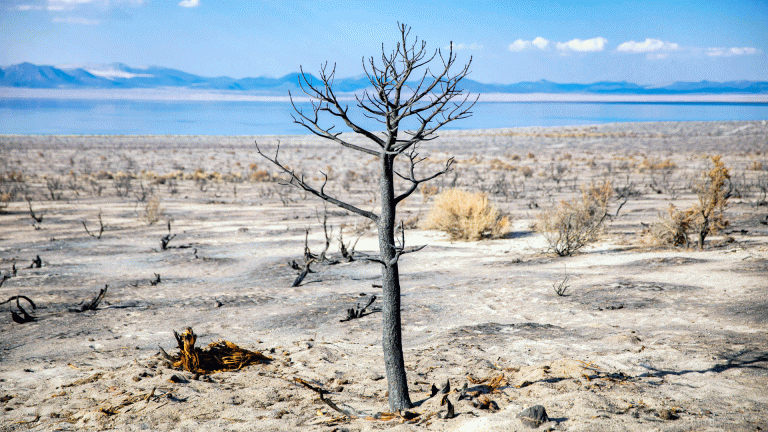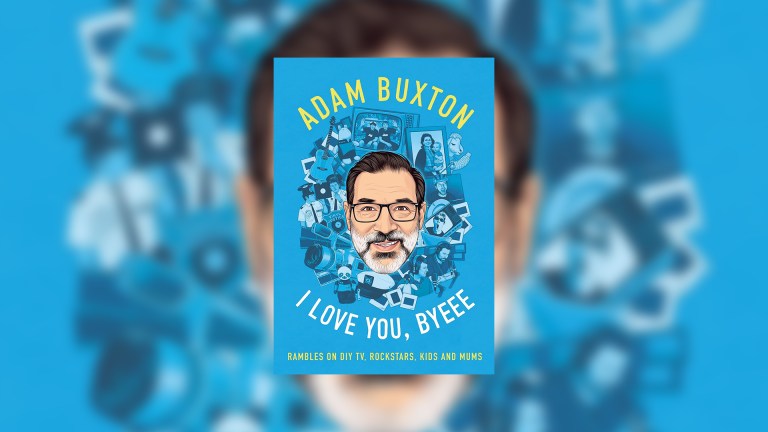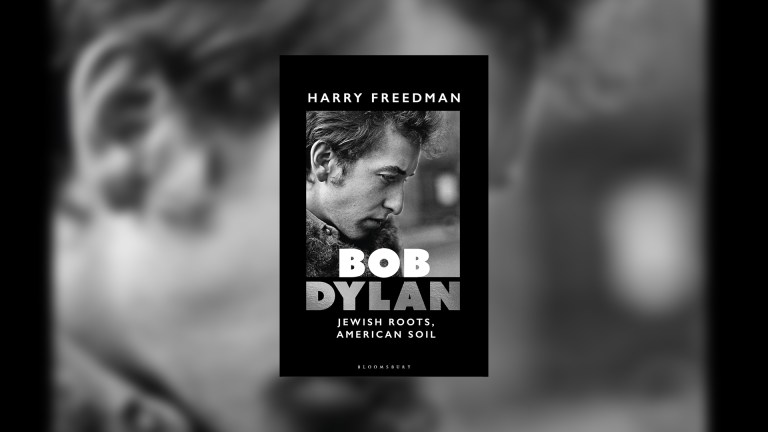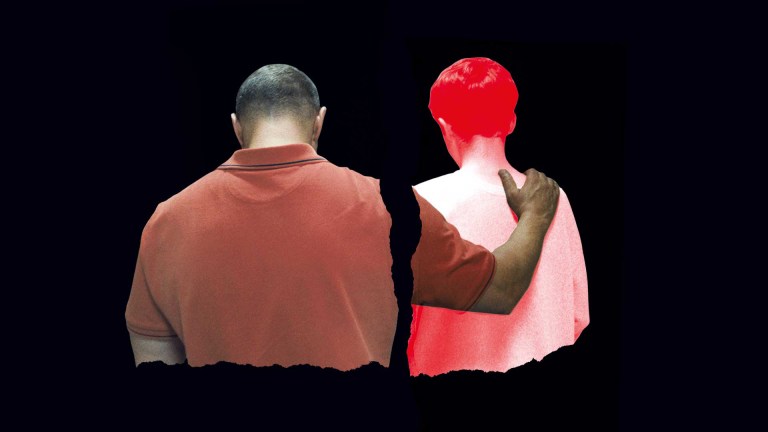The seed for my book, Rose and the Burma Sky began many years ago, one rainy Saturday afternoon as I sat with my grandmother watching an old matinee film on the television. I don’t recall the name of the movie but what I do remember is that it was an old black-and-white war film where all the soldiers were white, and so I turned – I don’t know why – and asked in jest, “Did any of the men from your village fight in the war?” To my shock and surprise, she said yes. I was astonished because I had been led to believe in school that all the soldiers who fought in the Second World War were white. So we sat there and she told me about her childhood and the young men from her village who went to war, and about the ones who never returned.
Over the years, I sought out opportunities to learn more about African soldiers who fought in the Second World War. Almost one and a half million, who came from the north, west, east and southern parts of Africa, from places like Nigeria, Senegal, the Gold Coast (now Ghana), Ethiopia, Kenya, Zimbabwe and many more. Fighting as far afield as east Africa, the Middle East, Europe and in Asia.
When the opportunity came to write the novel, it was initially difficult to know where to start with so many narratives to follow, so I decided to start small, with a character called Obi, who would have come from a small village not far from my grandmother’s, and would have likely fought for Britain in the war in Burma.
He was part of the Fourteenth Army, now termed “the forgotten army”. Much of this army was made up of Burmese, Indian, east and west African troops, and 90,000 west African soldiers fought as part of the 81st and 82nd West African divisions, with Nigerians making up more than half of the force. The novel explores the little-known plight of these west African soldiers during this colonial era – and their subsequent treatment by the British authorities.
I was aware that there had been others before me who had tried to keep these soldiers’ stories alive, so I was grateful to the BBC for depositing recordings of these soldiers and other materials they had used in
making documentaries about African soldiers with the Imperial War Museum. So, on talking to my elders who lived during that colonial era, reading and listening to the recordings of the soldiers of the West and East African Divisions who spent time in Burma, Obi’s story and experience of war and that colonial time came alive.
It was important to tell this story because I wanted to give a voice to, and in some small way honour, the men that went to fight in the war and are now almost forgotten. They fought a brutal and gruelling conflict in the jungles of Burma (now Myanmar) but their contribution to the defeat of the Japanese has received little recognition.
